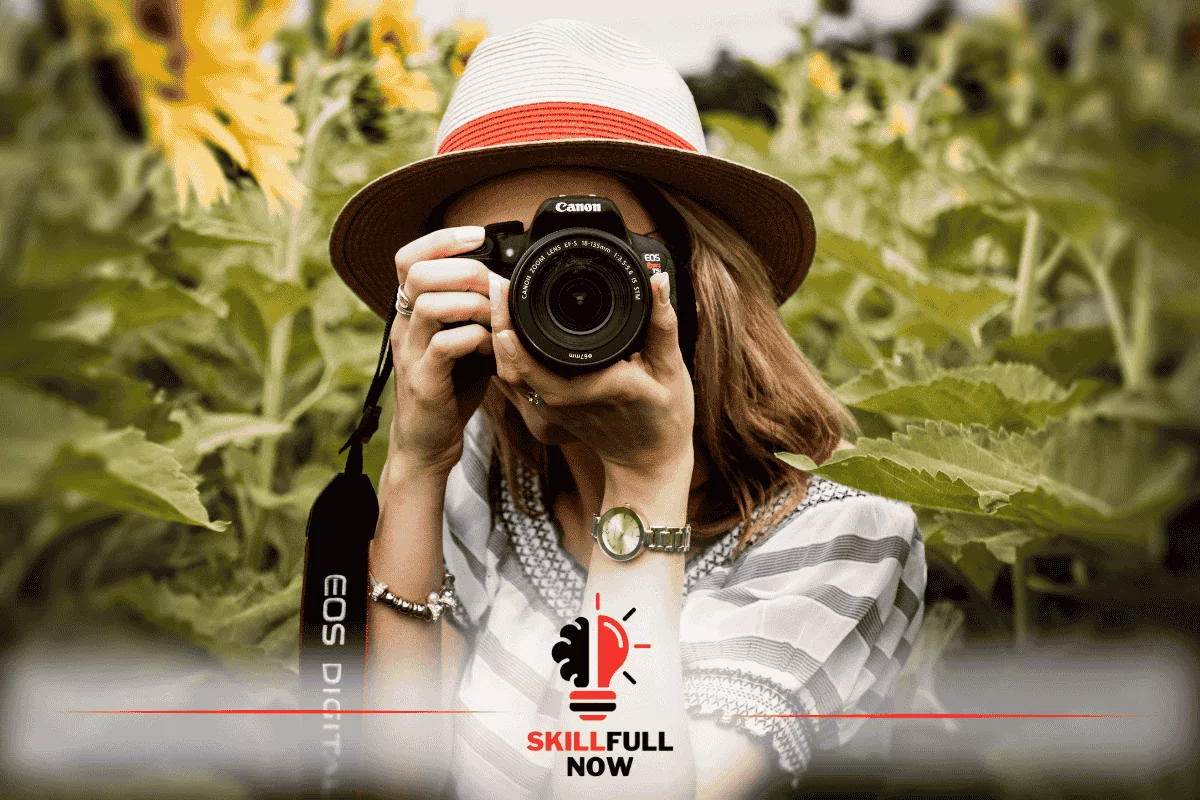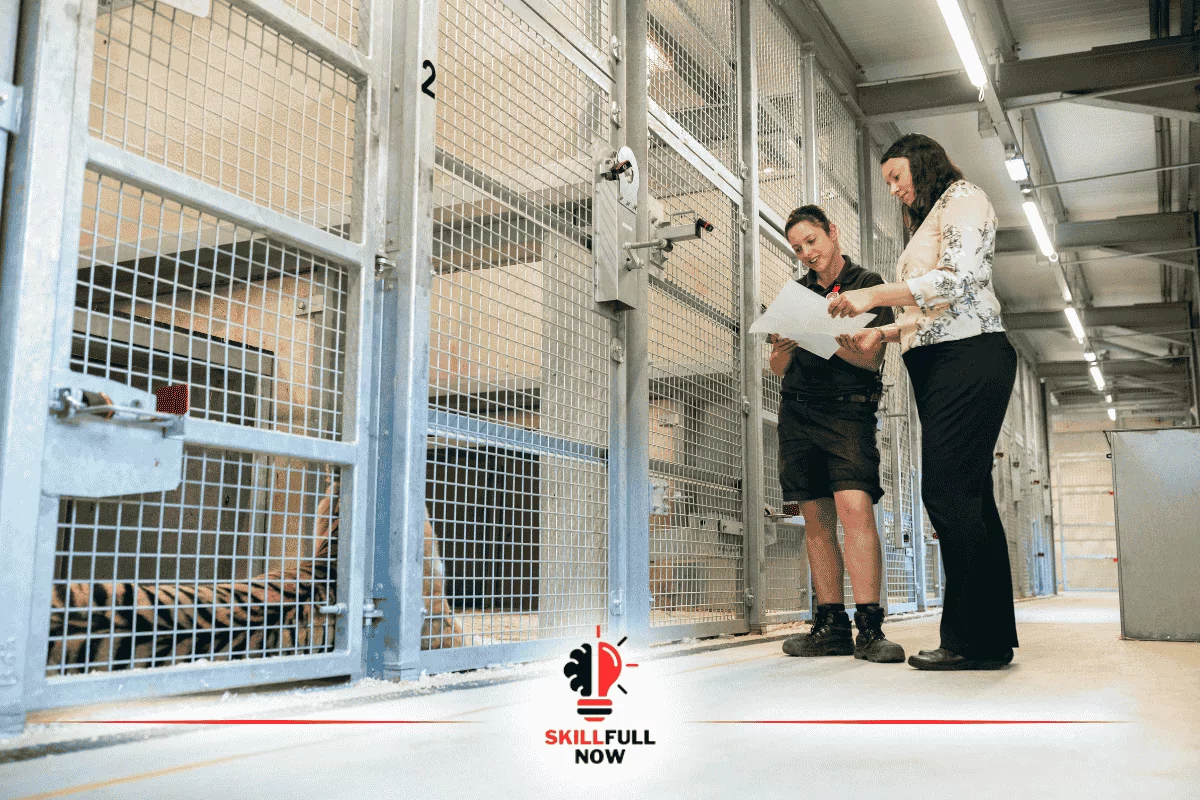Top Personality Traits Needed to Be a Photographer

Photography is more than just owning a camera; it’s a profession that demands a unique blend of technical skills and personal qualities. The personality traits needed to be a photographer are essential for not just creating stunning images but also for building meaningful relationships with clients and thriving in a competitive industry. From artistic vision to adaptability, these qualities define the backbone of a successful photographer’s journey.
Creativity: The Heart of Photography
Creativity is one of the most vital personality traits needed to be a photographer. It allows photographers to think outside the box, transform ordinary scenes into extraordinary images, and tell compelling stories through their lenses.
For instance, landscape photographers need to envision the perfect composition, while portrait photographers must bring out their subject’s personality in a natural, flattering way. Creative photographers continuously experiment with lighting, angles, and editing to innovate and refine their style.
How to Enhance Creativity in Photography
- Explore diverse styles: Study various photography genres like macro, wildlife, and street photography.
- Practice regularly: Experiment with your camera settings and compositions frequently.
- Seek inspiration: Follow the work of other photographers and immerse yourself in different art forms.
Patience: Waiting for the Perfect Shot
Patience is a virtue, especially in photography. Whether you’re waiting for the perfect lighting during a sunset shoot or the rare moment when a bird takes flight, the ability to stay calm and persistent is indispensable.
Why Patience is Crucial for Photographers
- Timely captures: Iconic shots often require precise timing and extensive preparation.
- Client interactions: Patience is key when managing demanding clients or capturing moments with children and pets.
Developing patience not only improves your craft but also builds resilience in a field where success often comes after consistent effort.
Adaptability: Thriving in Ever-Changing Conditions
Photography rarely happens in controlled environments. Outdoor photographers, for example, must contend with unpredictable weather, while event photographers adapt to varying lighting and spontaneous moments.
Being adaptable ensures you can think on your feet and deliver excellent results regardless of the circumstances.
Tips for Enhancing Adaptability
- Embrace challenges: Treat every unexpected situation as a learning opportunity.
- Keep versatile gear: Carry equipment suitable for different environments.
- Plan backups: Always have alternative plans or strategies ready.
Attention to Detail: The Key to Perfection
In photography, small details often make a big difference. Photographers need a keen eye for detail to adjust framing, lighting, and other elements, ensuring every shot is impeccable.
This quality is particularly important in fields like wedding photography or product shoots, where minor flaws can detract from the overall result. Attention to detail also plays a crucial role during the editing process, where photographers fine-tune their work for a polished finish.
Empathy: Connecting with Subjects
Empathy is a subtle yet impactful trait for photographers, especially those working with people. Understanding your subject’s emotions and making them feel comfortable can lead to more authentic and powerful portraits.
How Empathy Shapes Photography
- Better rapport: Building trust with clients or models enhances collaboration.
- Natural expressions: Subjects feel relaxed, leading to candid and expressive photographs.
- Understanding needs: Empathetic photographers better grasp their client’s vision and preferences.
Strong Communication Skills: Conveying Your Vision
Good communication is another personality trait needed to be a photographer. Whether it’s directing a model, negotiating with a client, or collaborating with a creative team, effective communication ensures everyone is aligned with your vision.
Ways to Improve Communication as a Photographer
- Be clear and concise: Provide straightforward instructions during shoots.
- Listen actively: Pay attention to client feedback and adapt accordingly.
- Practice visualization: Use sketches or mood boards to illustrate ideas.
Resilience: Overcoming Setbacks
Photography, like any creative profession, comes with its share of challenges. Resilience enables photographers to bounce back from setbacks, whether it’s equipment failure, harsh criticism, or tough competition.
How to Build Resilience
- Learn from mistakes: Treat failures as valuable lessons for growth.
- Stay motivated: Remind yourself of your passion and long-term goals.
- Build a support network: Connect with fellow photographers for encouragement and advice.
A Passion for Storytelling
Photography is inherently about telling stories. Photographers with a genuine passion for storytelling can convey powerful narratives through their images, captivating viewers and evoking emotions.
Incorporating Storytelling in Photography
- Focus on context: Capture not just the subject but the surroundings that add depth.
- Sequence shots: Create photo series that narrate a journey or event.
- Experiment with moods: Use lighting, colors, and angles to enhance the story’s emotion.
Problem Solving Skills: Thinking on Your Feet
Problem-solving is one of the underrated personality traits needed to be a photographer. From troubleshooting technical glitches to managing unforeseen situations during a shoot, quick thinking is essential.
Being proactive and resourceful ensures photographers can deliver outstanding results, even in less-than-ideal conditions.
Confidence: Trusting Your Instincts
Confidence not only boosts your ability to take bold, creative risks but also instills trust in your clients. Photographers who exude confidence are more likely to lead successful shoots and make decisive creative choices.
How to Build Confidence as a Photographer
- Master your craft: The more you practice, the more assured you’ll feel.
- Seek constructive feedback: Learn from critiques and grow your skills.
- Celebrate progress: Acknowledge your achievements, big or small.
Passion: Driving Force Behind Excellence
Ultimately, passion is the foundation of every successful photographer’s journey. It fuels creativity, perseverance, and the willingness to continuously improve. Passionate photographers inspire others and leave a lasting impact with their work.
FAQs
What personality traits are most important for a photographer?
The most essential traits include creativity, patience, adaptability, and attention to detail. These qualities help photographers produce stunning images and adapt to diverse challenges.
Why is creativity important in photography?
Creativity allows photographers to think innovatively, craft unique compositions, and tell captivating stories through their images.
How does empathy benefit photographers?
Empathy helps photographers connect with their subjects, making them feel comfortable and leading to more authentic and powerful photographs.
What role does patience play in photography?
Patience is crucial for waiting for the perfect shot, managing challenging situations, and achieving long-term success in photography.
Can anyone become a photographer with the right traits?
While skills can be learned, personality traits like resilience, adaptability, and passion often differentiate good photographers from great ones.
Why is attention to detail critical for photographers?
Attention to detail ensures that every aspect of the shot, from lighting to composition, is flawless, resulting in high-quality images.






Hi, I wanted to know your price.